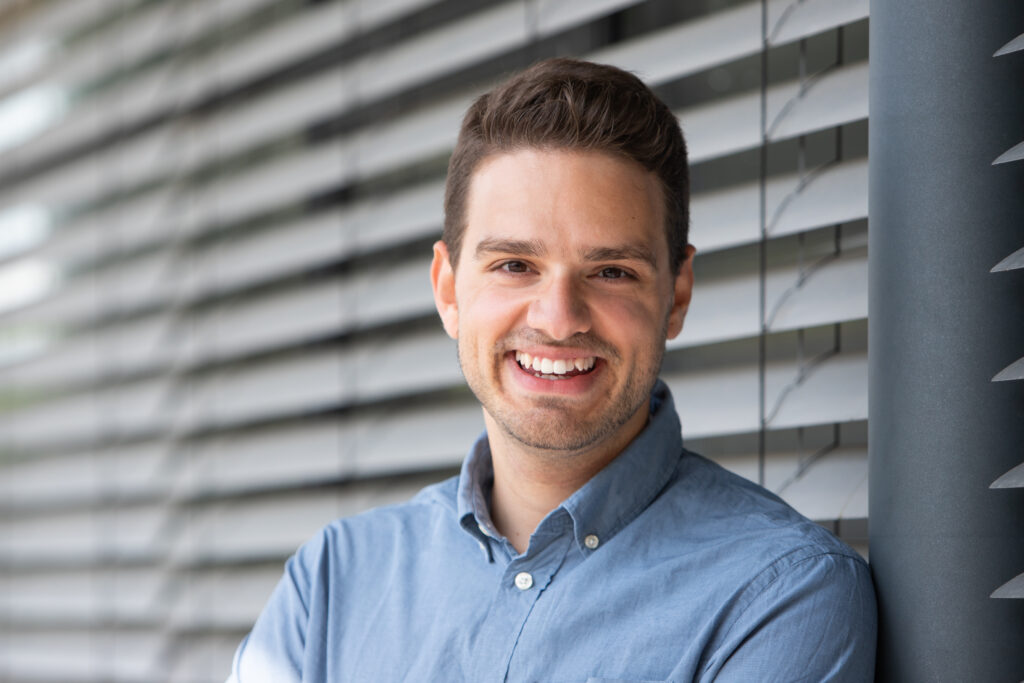Interview with Adam Asteriadis (ESR 5)
What has your research project focused on?
Evaluation of the characteristics of contents in the fasted stomach and duodenum of older adults on proton pump inhibitors treatment and diabetic older adults with or without PPI usage. The aim was to compare this data with that of young adults to identify potential differences in the upper gastrointestinal environment due to diabetes and PPI treatment. These differences could influence drug absorption and bioavailability.

What are the key results and innovations coming from your research project? How will they impact the future of drug absorption in older people?
In older adults, proton pump inhibitors (PPIs) modify gastric pH similarly to how these drugs affect young adults. Potential differences due to proton pump inhibitors use could influence drug absorption and bioavailability.
What were the highlights of your road to a PhD?
Collaborating with institutions like the Red Cross Hospital of Athens and UCB Pharma provided valuable insights and different perspectives, making my PhD experience more enriching and diverse. Working in academic and industrial environments gave me the opportunity to learn how different sectors are constructed and run. It was a great feeling to feel embraced by all during this journey.
How did the AGePOP network impact your PhD experience?
AGePOP offered me opportunities for knowledge exchange through conferences, workshops and seminars, engaging with experts in the field of biopharmaceutics. Being part of AGePOP provided opportunities for professional development, from learning about practices in research to improving my presentation and communication skills. I definitely see the field differently than at the beginning of my PhD journey.
How was your MSCA ITN training different to local PhD programmes? Which training was particularly useful for you?
An MSCA ITN programme connects you with researchers and institutions across Europe, facilitating exposure to diverse research environments. Unlike a local PhD program, which might be more isolated. In comparison with a local PhD programme, a MSCA ITN provides opportunities for secondments in other countries, in academia or in industry, to see other fields, to increase the professional network and get to know different perspectives. During this journey, I had the opportunity to attend training sessions in different countries. One training, in particular, left a lasting impression on me. We experienced the challenges faced by older populations firsthand. This helped me understand the importance of considering their way of living when interacting with them.
What are your plans for the future?
In the future, I plan to transition into the pharmaceutical industry, where I can apply my expertise in biopharmaceutics and what I gained through my journey within AGePOP. I would like this effort to be fruitful and to give me the ability to be part of groups in which I would contribute with my expertise.
What message would you like to give other early-stage researchers considering a PhD?
To early-stage researchers considering a PhD, my advice would be to approach the journey with curiosity, resilience, and a willingness to embrace challenges. A PhD is a long and often demanding process, but it offers the opportunity to develop deep expertise, critical thinking skills, and a strong research mindset. It’s important to stay open to new ideas and collaborations, as these can significantly enrich your research and expand your perspectives. Additionally, remember that the PhD experience is not just about the end goal, but about the skills, friendship, and experiences you make along the way, all of which will shape your career and contribute to your growth as a researcher and a person.

